Calculating Mind Kit's Club!




Why is small group learning so important early on in my child’s life?
During the early years of your child’s life, also known as the most formative years in terms of your child’s brain development, research has found that experiences and relationships stimulate your child’s development, creating millions of connections in their brains. YES! Millions! Your child’s brain develops connections faster during the first few years than at any other time in their lives.
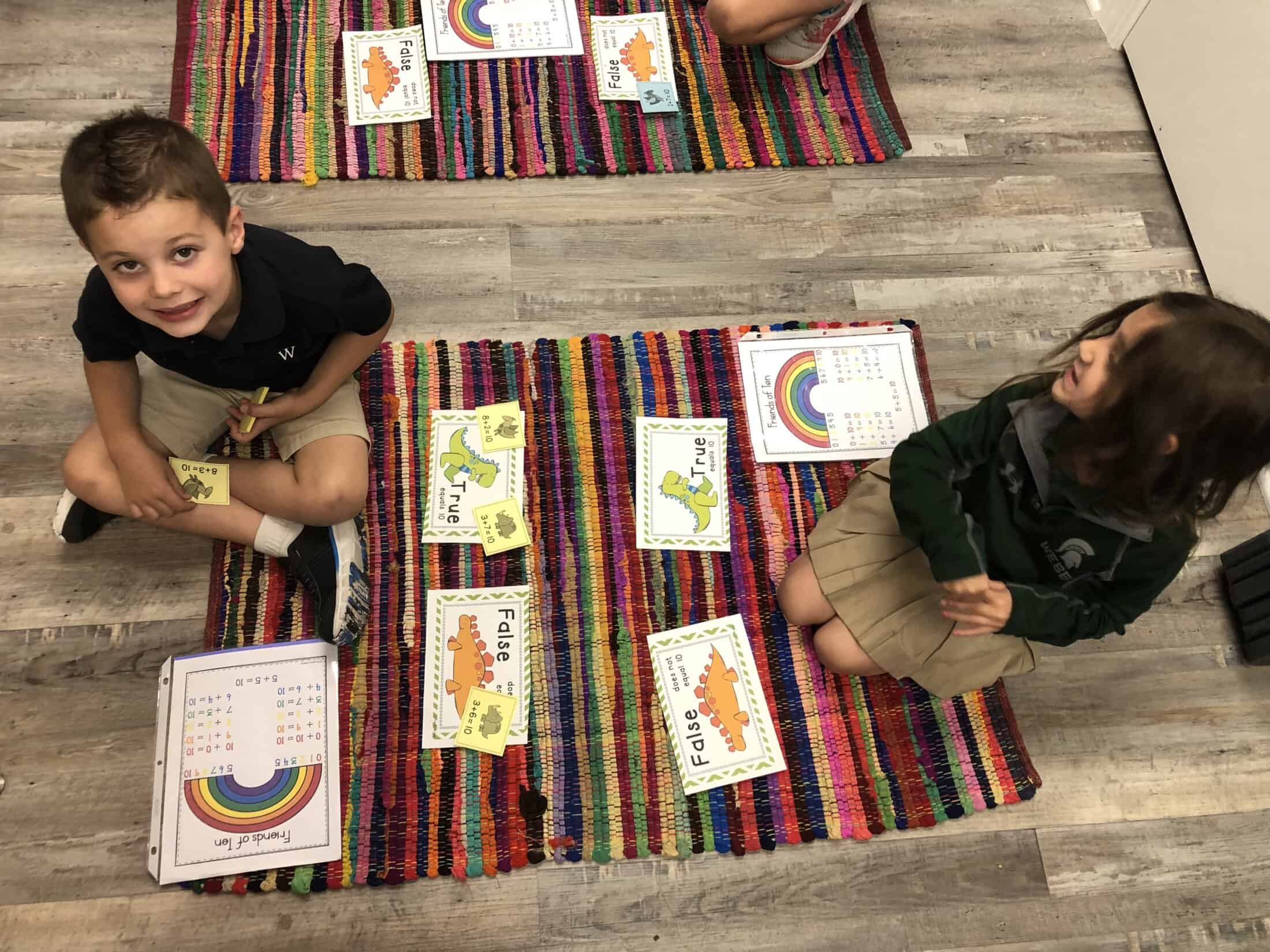
During this time, your child’s brain grows through touch, talk, sight and sound in early childhood experiences. This is what is called experiential learning, and it begins long before a child steps foot into a classroom. It is strengthened through regular interaction and stimulation in the home and in quality early learning settings.
We humans are social creatures, which makes collaborative environments ideal for learning!
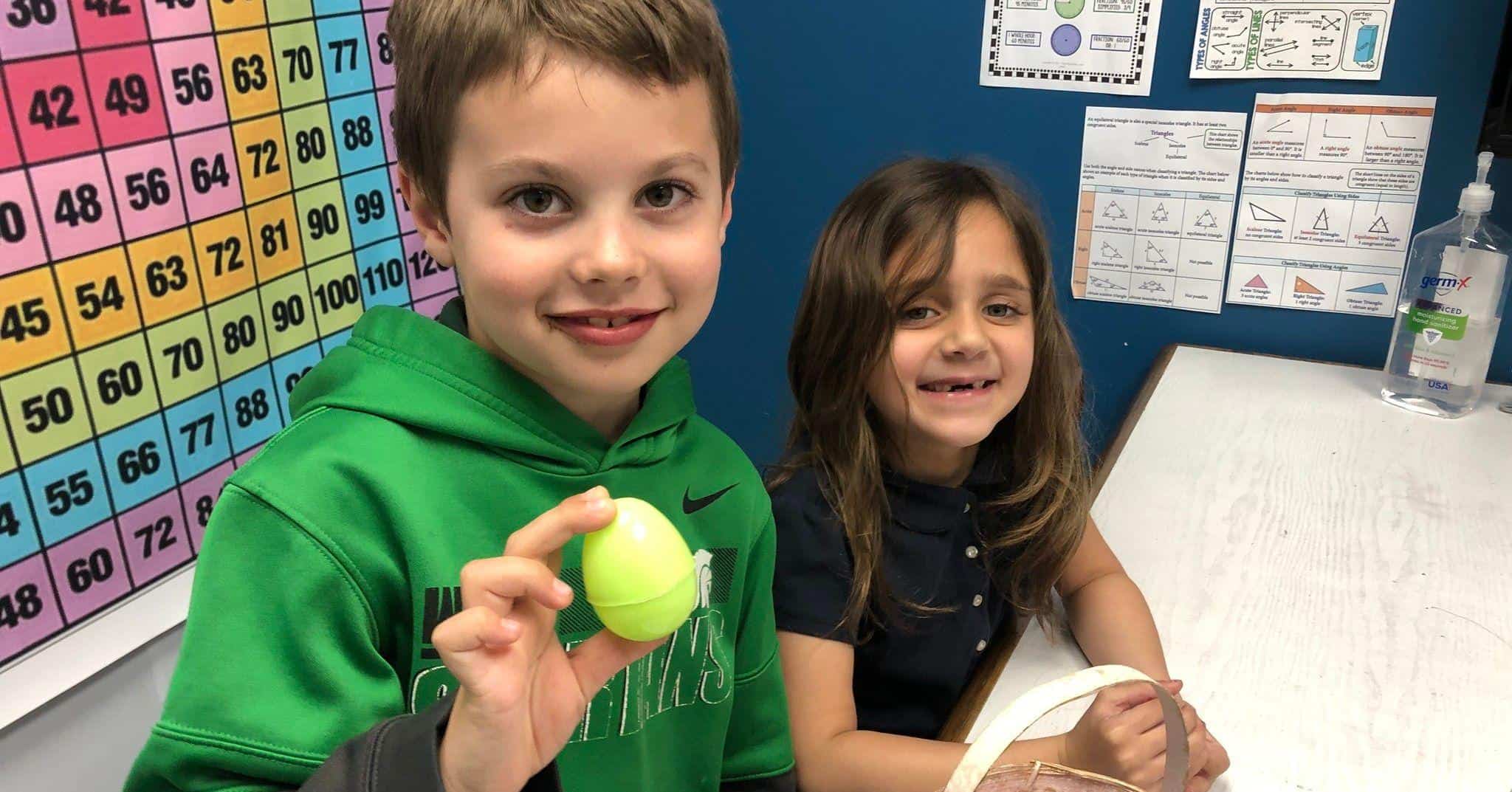
So What Will My Child Learn In Kit's Club?
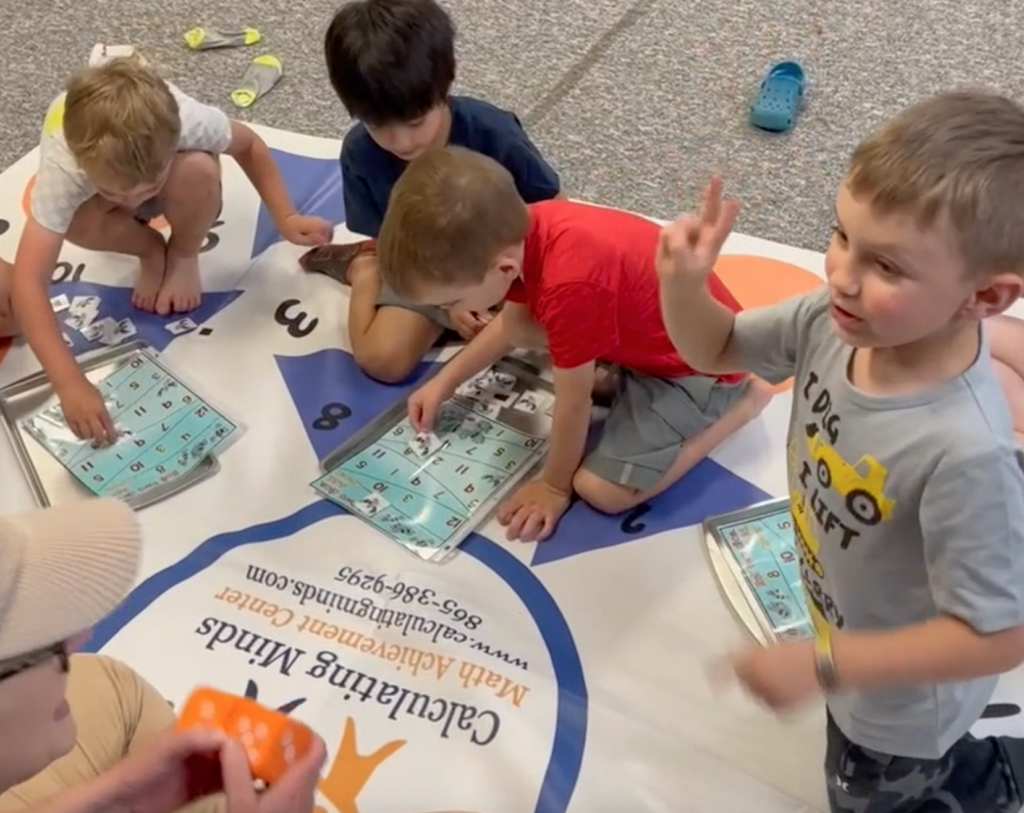
As students gather on the colorful math mat they enjoy the featured piece of literature that propels them on an engaging math journey. Our students can expect a variety of mathtivities and movement during each lesson, with plenty of opportunities for peer to peer interaction.
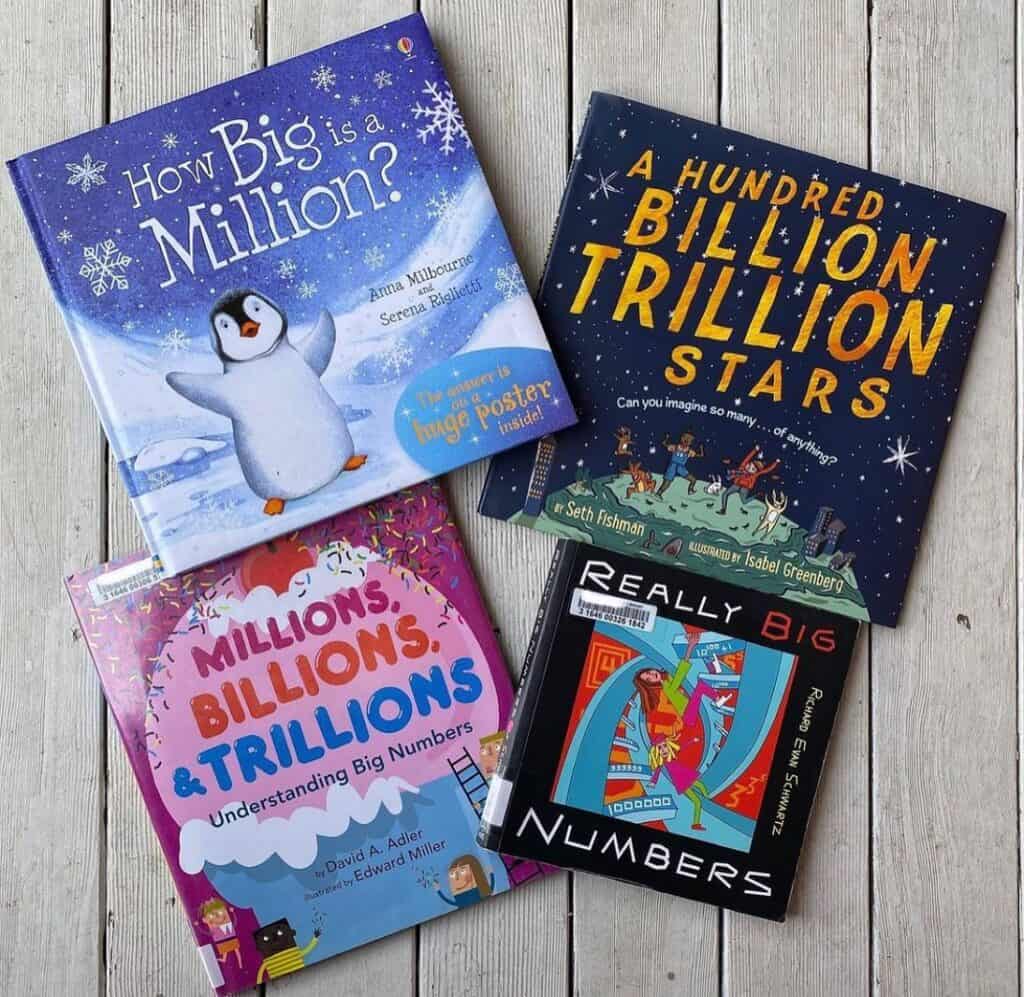
The chosen literature is the springboard to the math skill presented in the lesson. Kit’s Club students will practice the math skills with songs, mathterpieces (art), gross motor and fine motor activities, hands on materials and games.
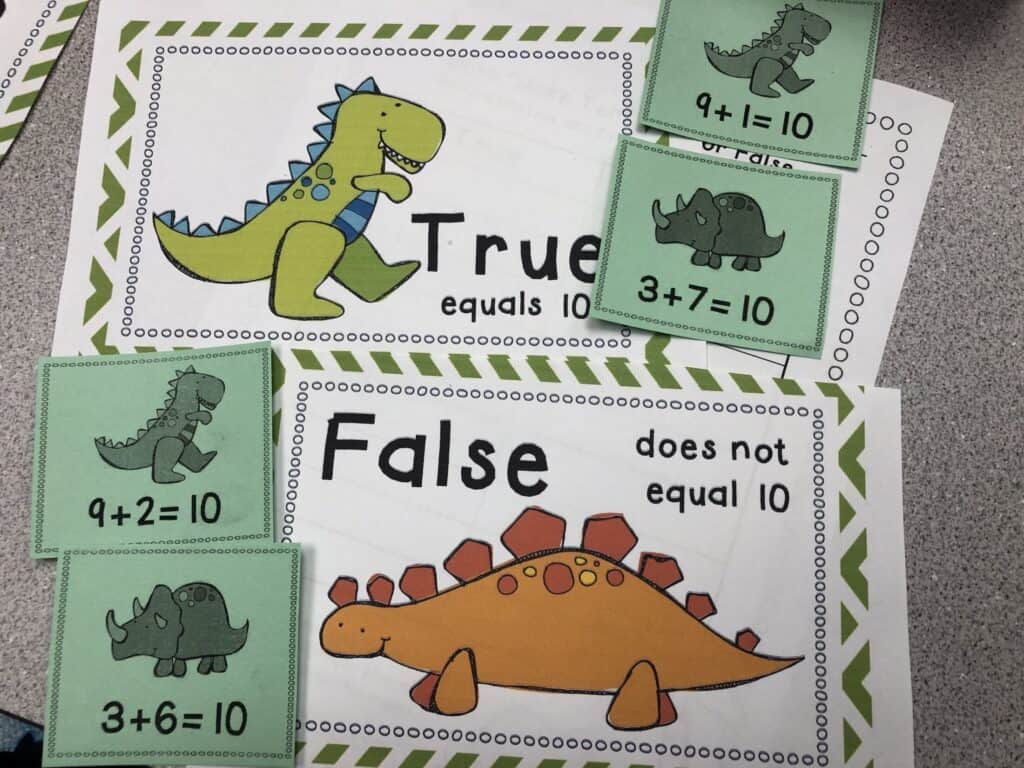
Kit’s Club helps our young learners connect math to the real world and builds a bridge between Math & Fun! As we are introducing new concepts we also are sure to reinforce concepts from previous lessons so that our students understand how math builds on itself. In this way our Kit’s Club students are able to develop those critical foundational math skills.
I’m curious - what sort of teaching styles are featured during Kit’s Club?
Capturing and expanding upon our students’ enthusiasm for math is our goal!
We are constantly reinforcing their progress by acknowledging our Littles’ learning styles. A child’s use of fingers, use of tactile objects or visual aids, and abstract symbols allow our Littles to think through math questions. Asking students to share their thinking throughout the lesson allows us to strengthen their critical thinking skills, while exploring multiple solution paths. All of our lessons are taught in a very positive and supportive way. Having fun with math and building our Littles’ confidence and math fluency is what we do!
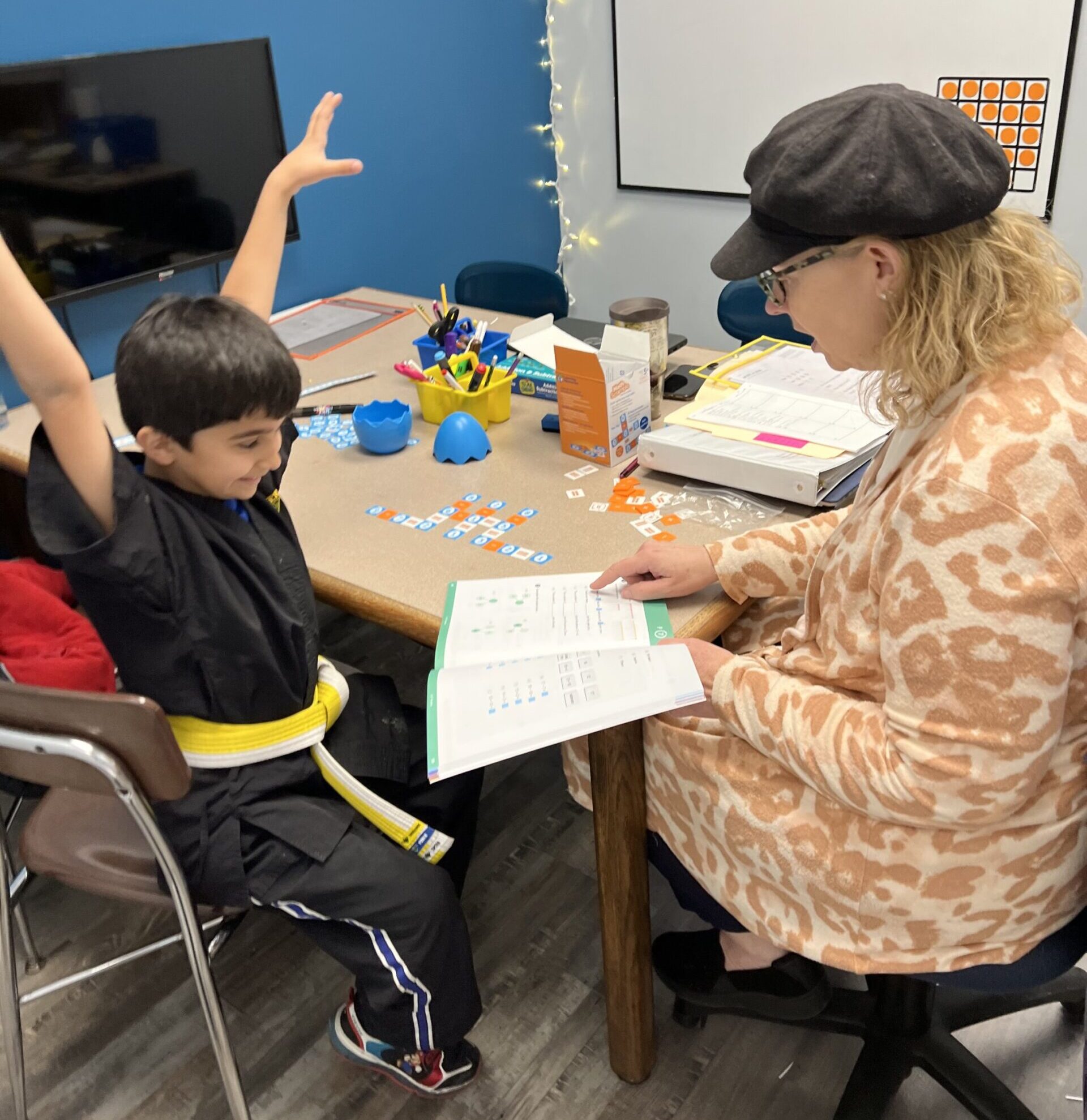
Yes please! I want to build my child's confidence and math fluency!
You mentioned the importance of a “quality” early learning setting- what exactly is that?
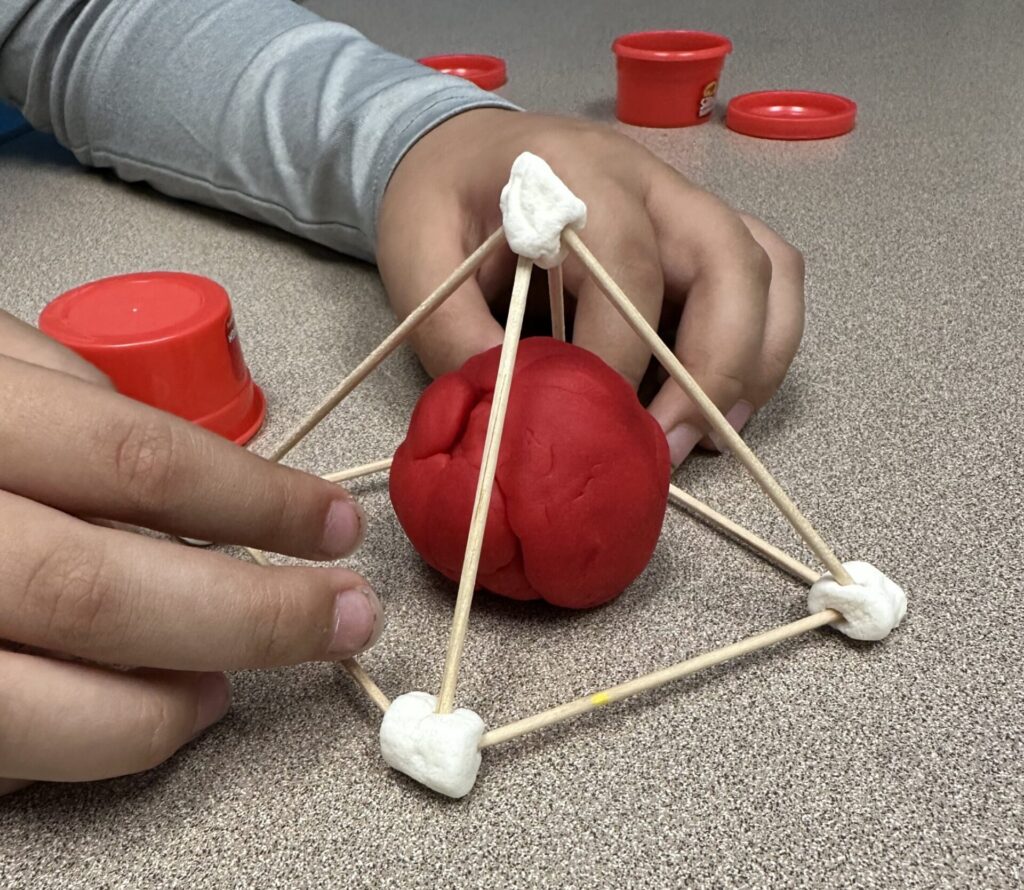
Aha! We are so glad you asked! A quality early learning setting is exactly what we have created in the Calculating Minds Kit’s Club. Of course, the perfect recipe for a “quality” early learning setting starts with a situation where your child can develop important skill sets including problem-solving skills, the ability to concentrate and memorize, creative thinking skills, and fine motor skills to name a few.
But more than that, we have found that an environment like the one we designed for our Calculating Minds Kit’s Club helps our students to develop their ability to better express themselves both verbally and through facial expression, body language and play.
In short, our stimulating and caring environment found in Kit’s Club gives our young students many ways to play, develop and learn – while having fun!
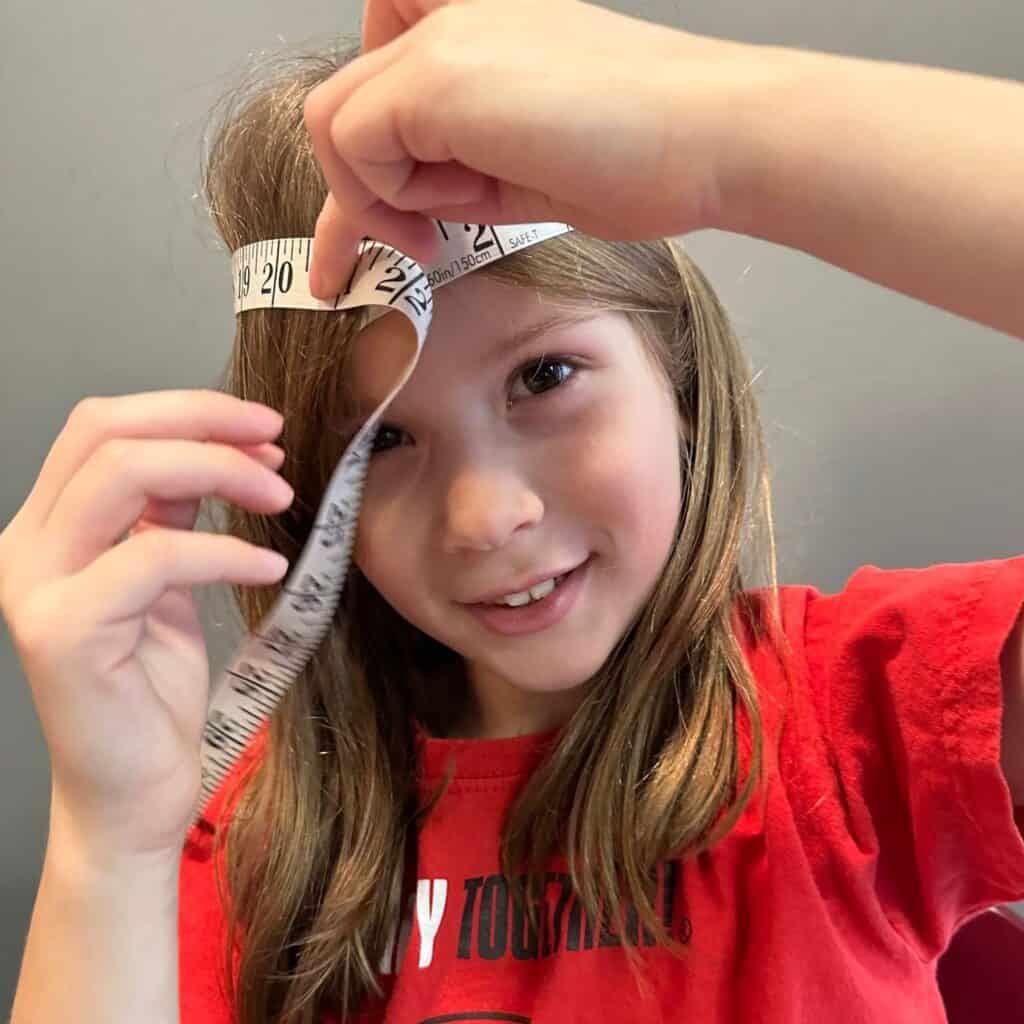
Fun while also doing math? What are you all- miracle workers??
How will your small group learning program help my child later in school and later in life?
To be frank, the benefits are astounding! Learning math in early childhood significantly boosts executive functioning skills, such as attention, memory, and cognitive flexibility. Engaging in math activities helps children develop the ability to focus, follow multi-step instructions, and think critically. These skills are crucial for academic success and everyday problem-solving. Early math learning enhances logical reasoning and spacial awareness. Overall, math in early childhood is a powerful tool for brain development and lifelong cognitive benefits.
Through our small group settings, our tutors are able to provide targeted support, while fostering deep engagement and cultivating a collaborative atmosphere where every student can thrive!
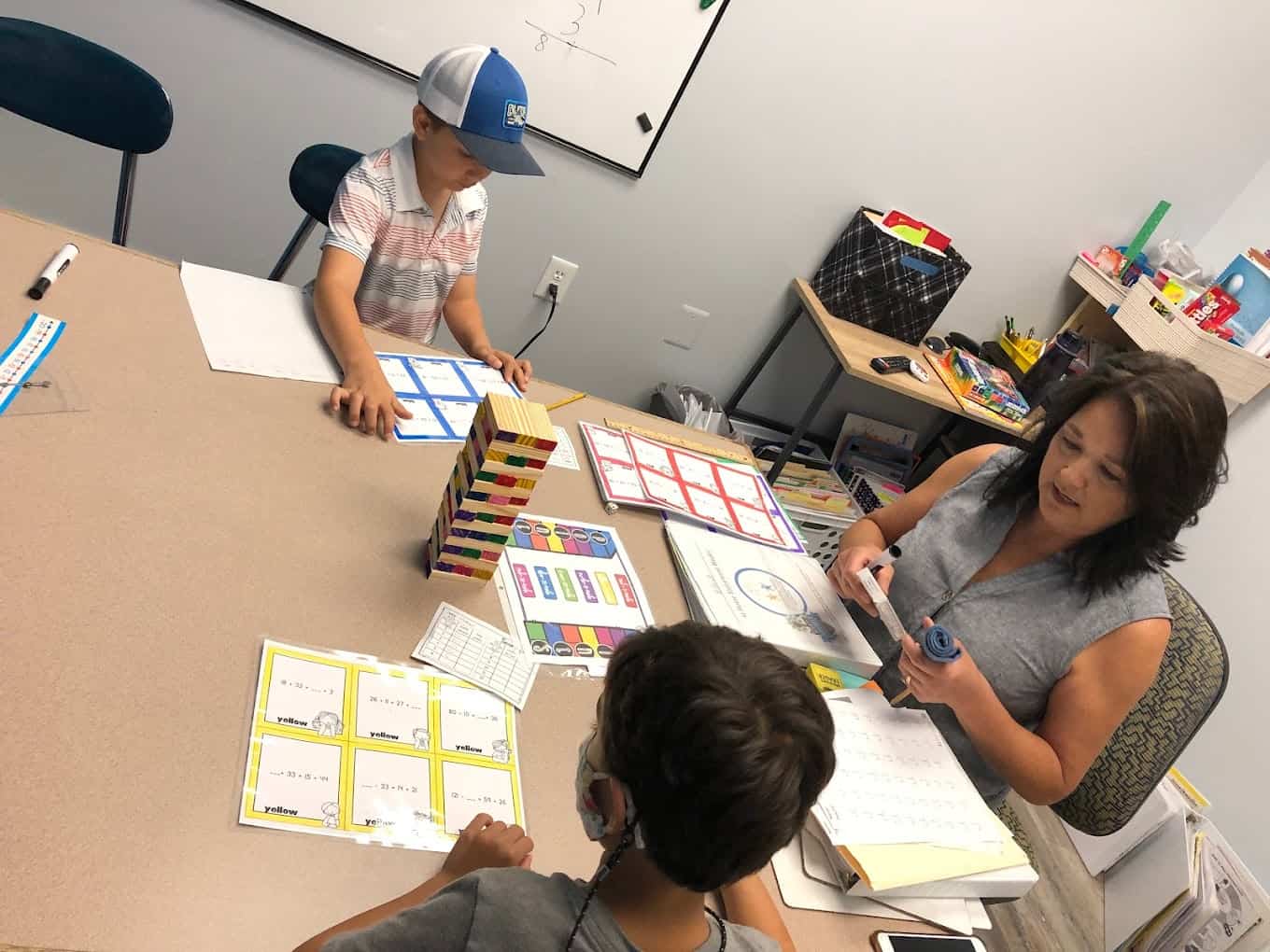
Wow, I had no idea we could start building my child's executive functioning skills so early!
Why is it called
Kit’s Club?
During Kit’s Club sessions, Kit takes our littles on a fun journey where they learn critical new skills!
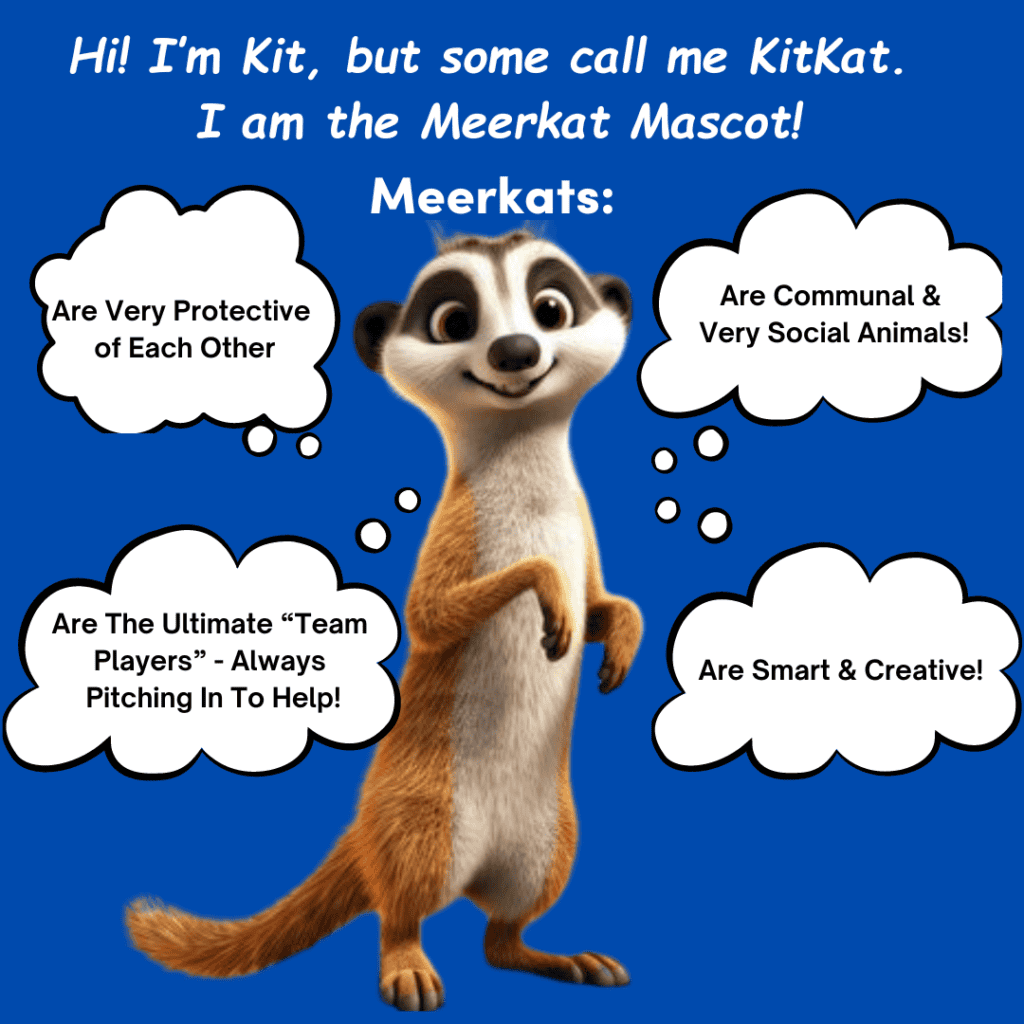
The Kit’s Club mascot, Kit, is a meerkat (get it? Kit the “Kat” – aka our beloved KitKat? We know, we know, it’s clever! Lol But most importantly – our students love Kit and learning in Kit’s Club!). Meerkats are fascinating and social creatures, and have many things to teach our littles about teamwork, caring for each other, and always being willing to lend a helping hand!
Kit's Club: Step Ahead, & Stay Ahead With Your Child's Early Learning!
- Kit's Club4 to 6 students in a group$299/3 months
- Kit's Club4 to 6 students in a group$125/month
Singapore Math lessons for individual students available for grades Pre-K through 1st grade. Discounts offered for 3 month commitment. Contact us for details!

